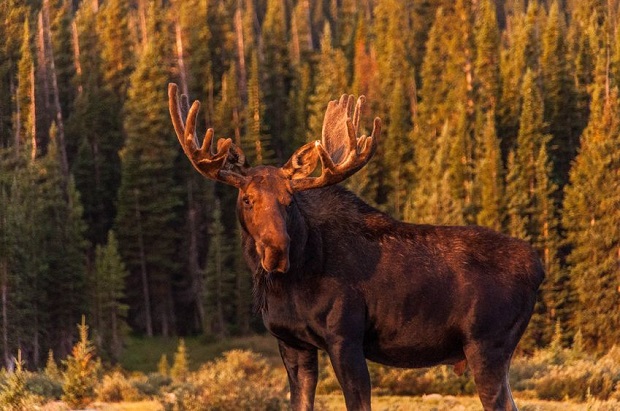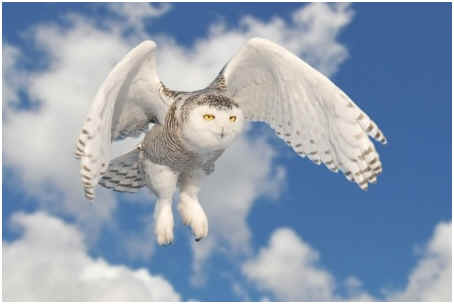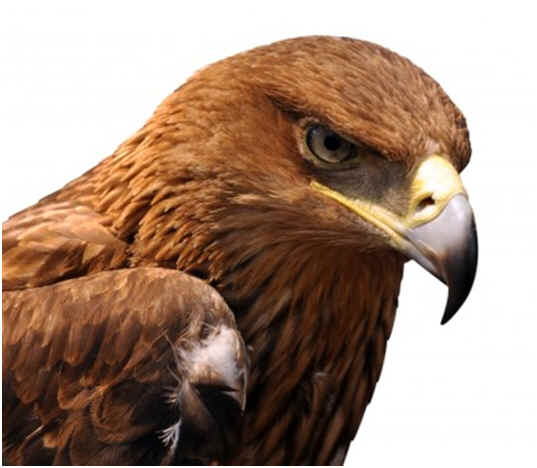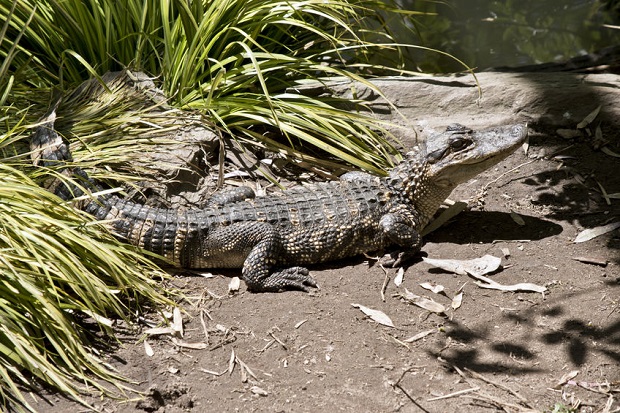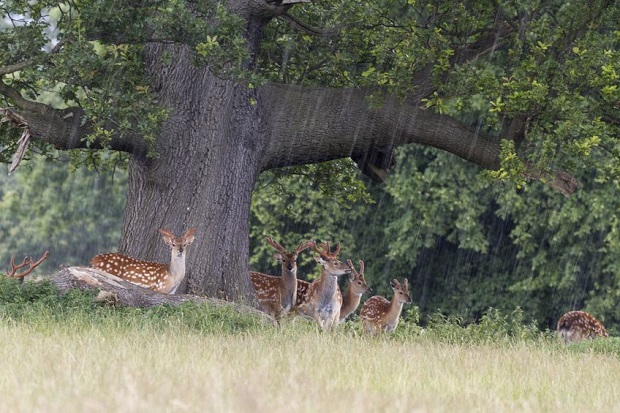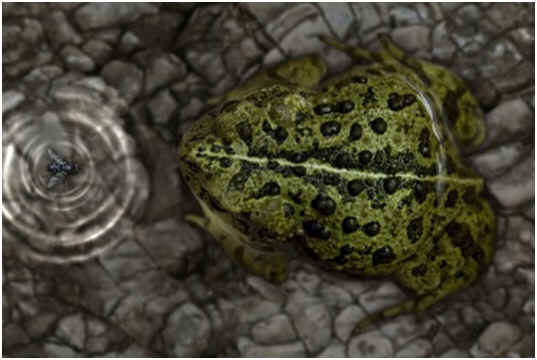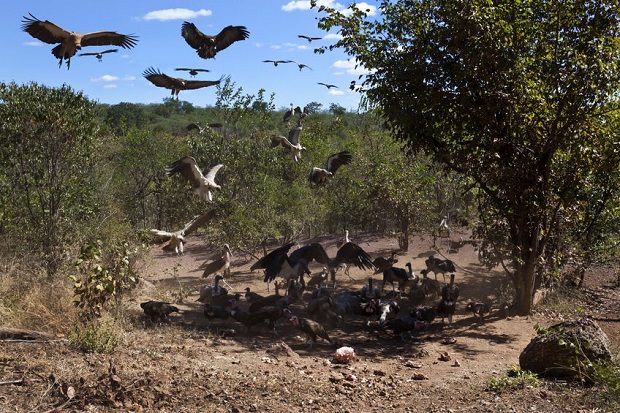
Are Vultures Carnivores?
Vultures are carnivores. Two primary species of vultures are found in the United States, black vultures, and turkey vultures. While both species are carnivores, they feed in different ways. Black vultures will attack live prey, but Turkey vultures would rather eat dead animals.
Identification
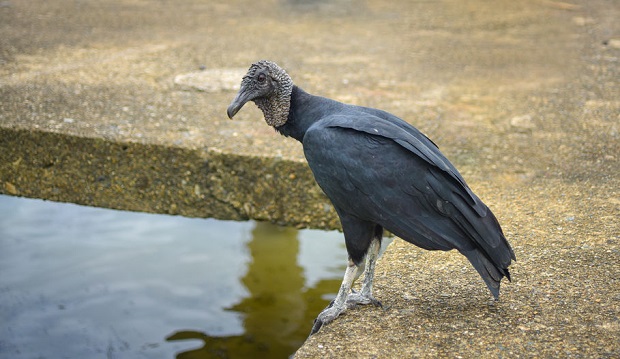
Black vultures are social birds that travel in large flocks. These birds must flap their wings often to fly. Turkey vultures prefer a more solitary lifestyle and fly at lower altitudes.
Food
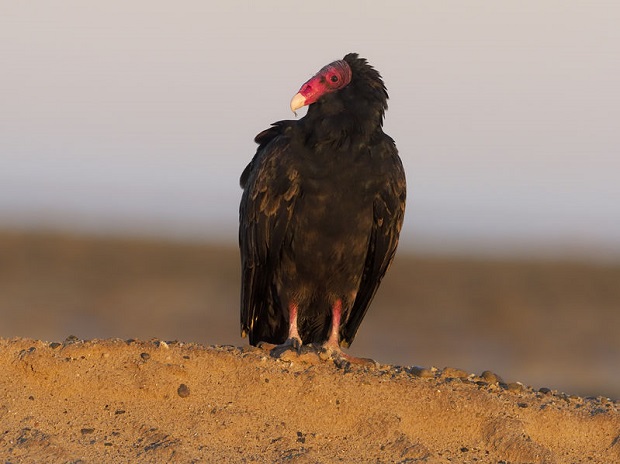
Both species of vultures use their keen sense of smell to locate food. Vultures prefer eating freshly dead meat, although they must often wait for the meal to soften before consuming it. If these birds cannot find dead meat, they may feed on birds, reptiles, amphibians, and fish. Vultures have been known to attack small live prey such as pigs, chickens, and sheep.
Habitat
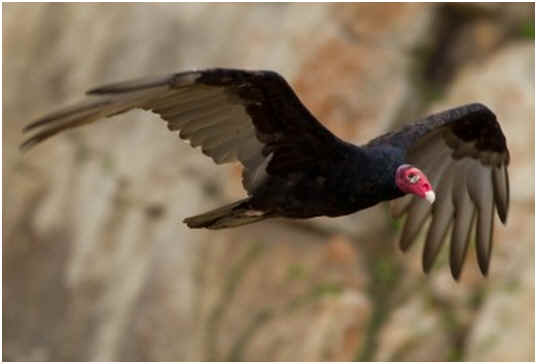
Vultures roost in large trees in forests at night and cruise open areas of farmland for signs of food. These carnivorous birds often find meals on roadsides and in ditches. Vultures will feed in areas where humans are present but prefer to nest in solitary locations. Although vultures feed primarily on dead animals, they rarely become ill. These birds have an especially high tolerance to salmonella, botulism, and other devastating diseases.
Resources
Venable, Norma Jean. “Birds of Prey.” West Virginia University Extension Service. N.p., n.d. Web. 27 Nov. 2012.
http://www.wvu.edu/~exten/infores/pubs/other/birdprey.pdf
“Turkey Vultures.” All About Birds-The Cornell Lab of Ornithology. N.p., n.d. Web. 27 Nov. 2012.
http://www.allaboutbirds.org/guide/Turkey_Vulture/lifehistory
